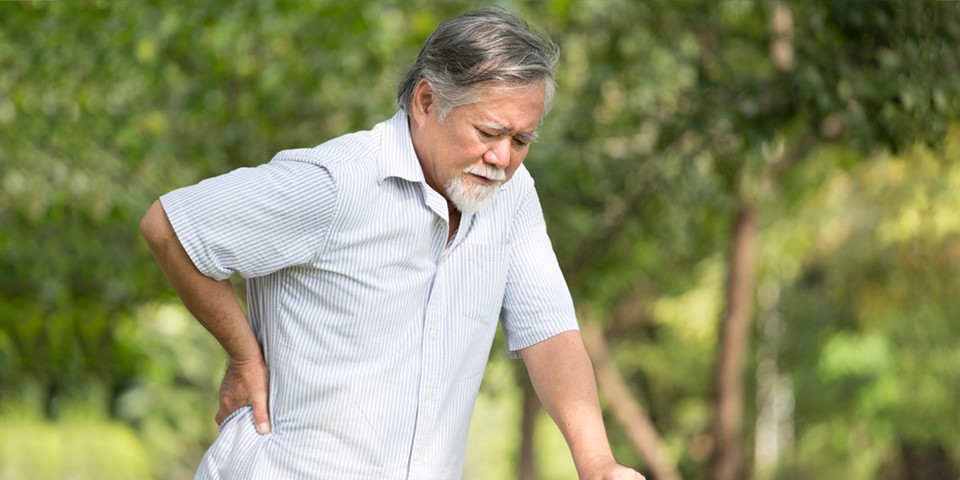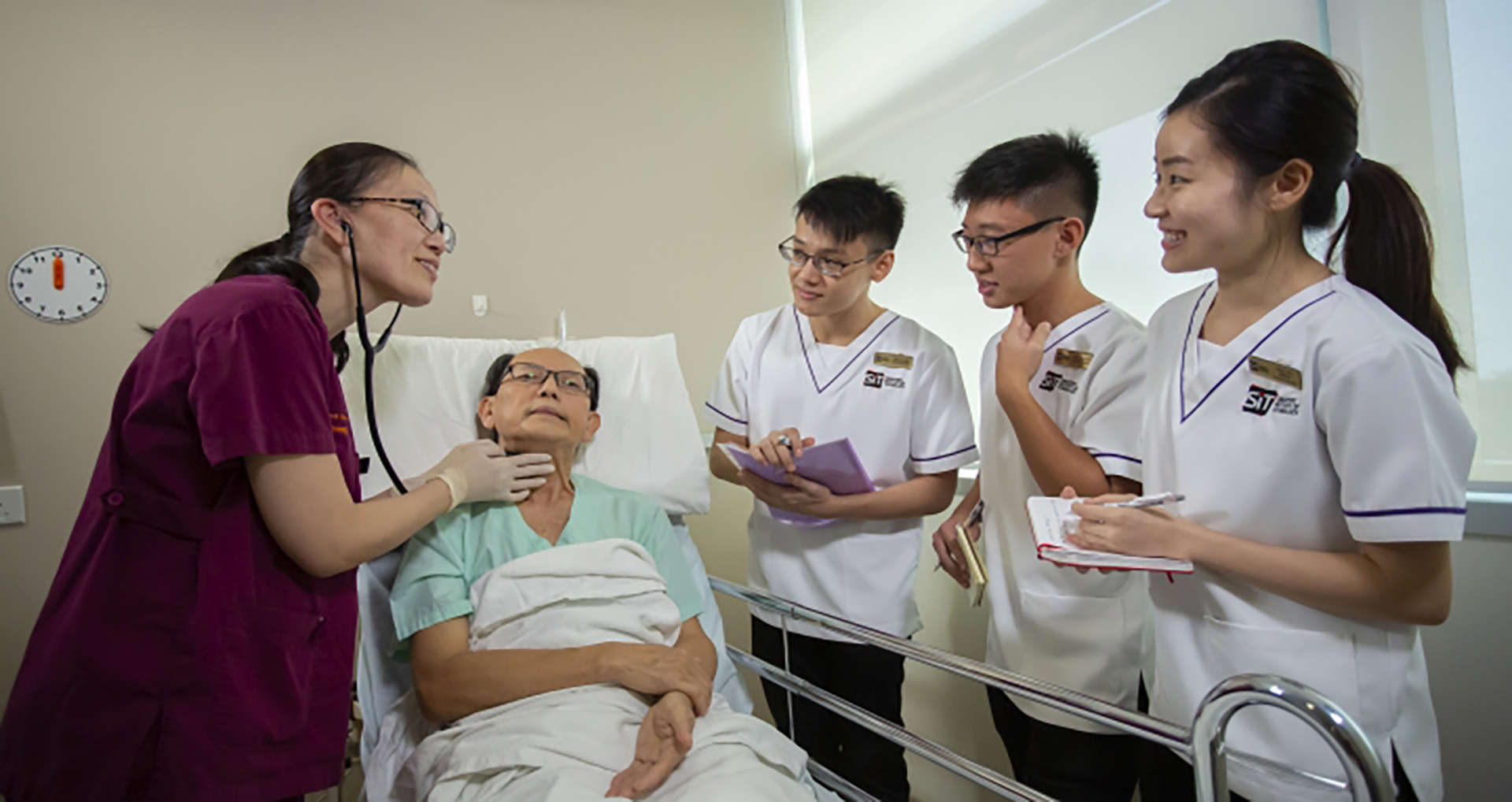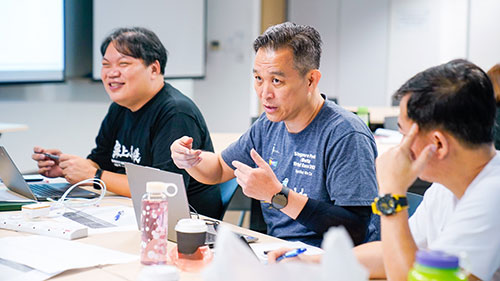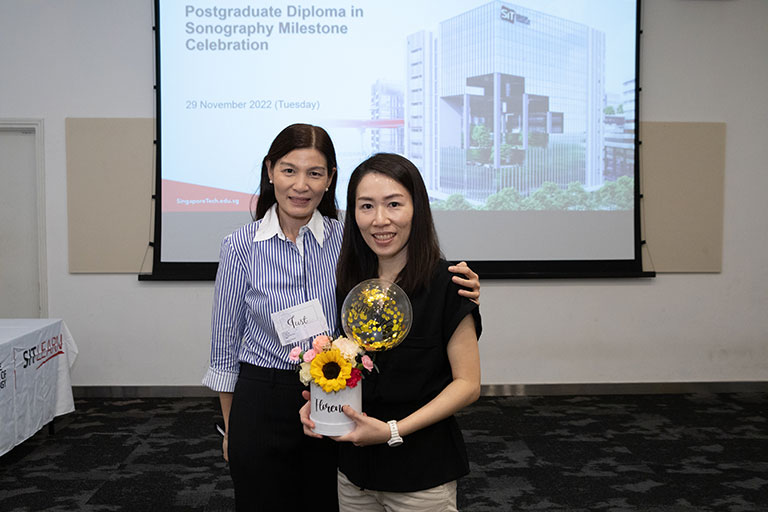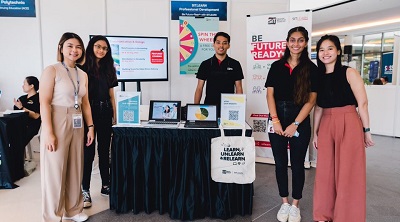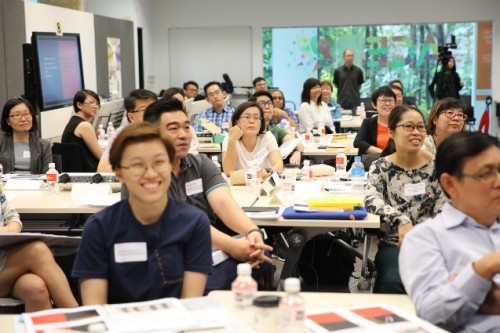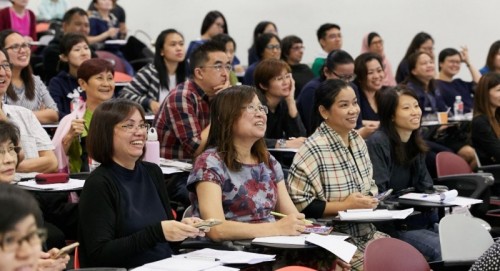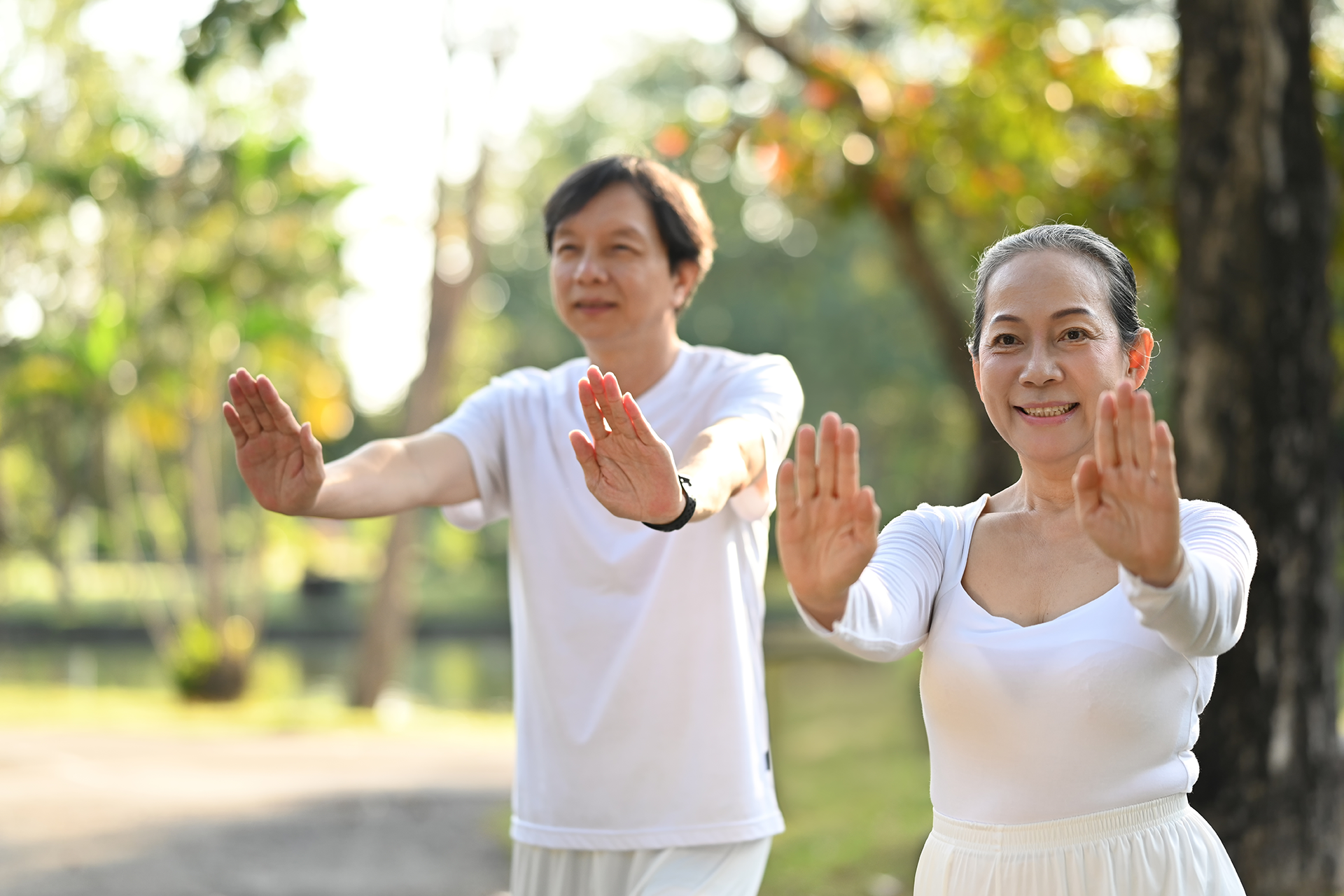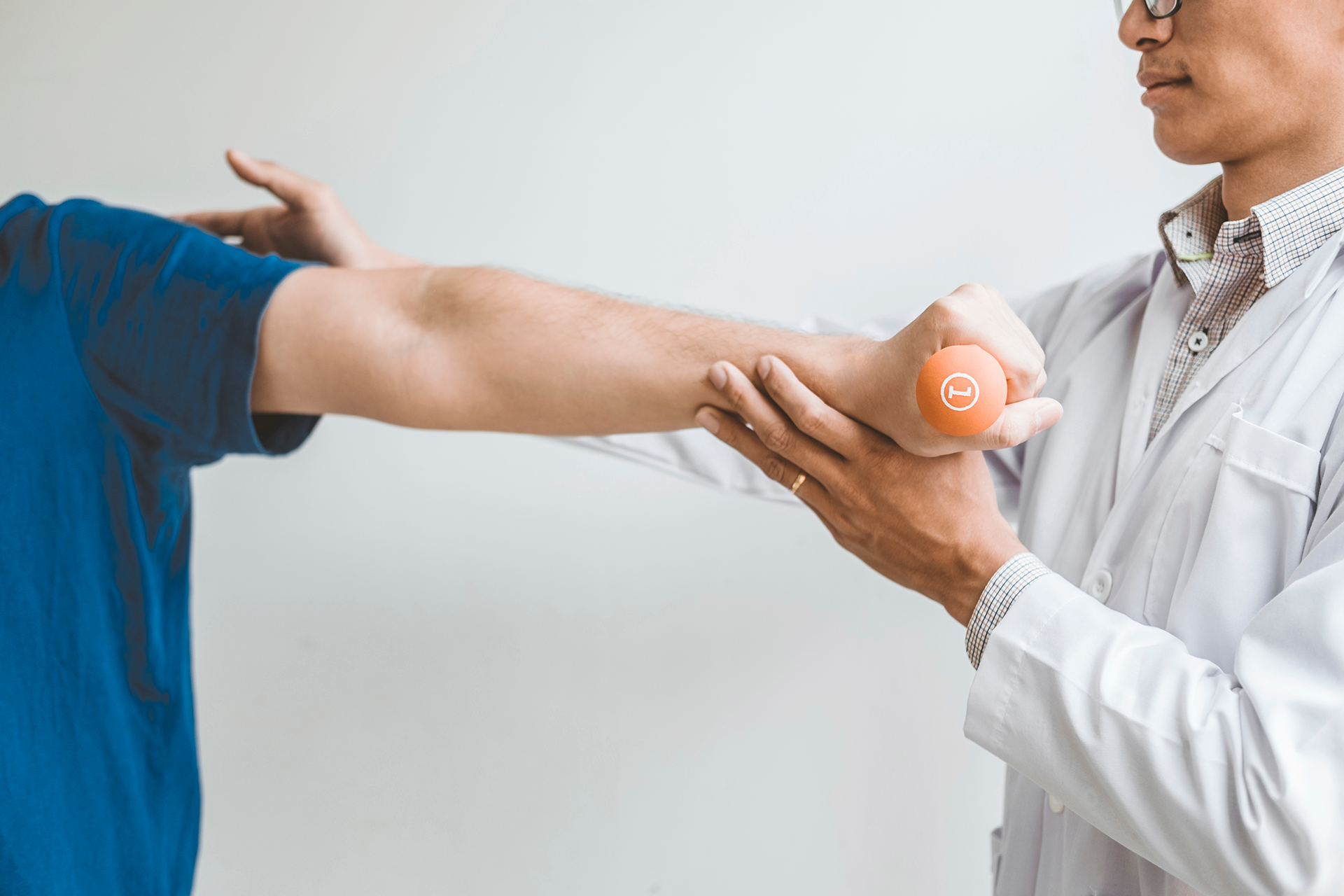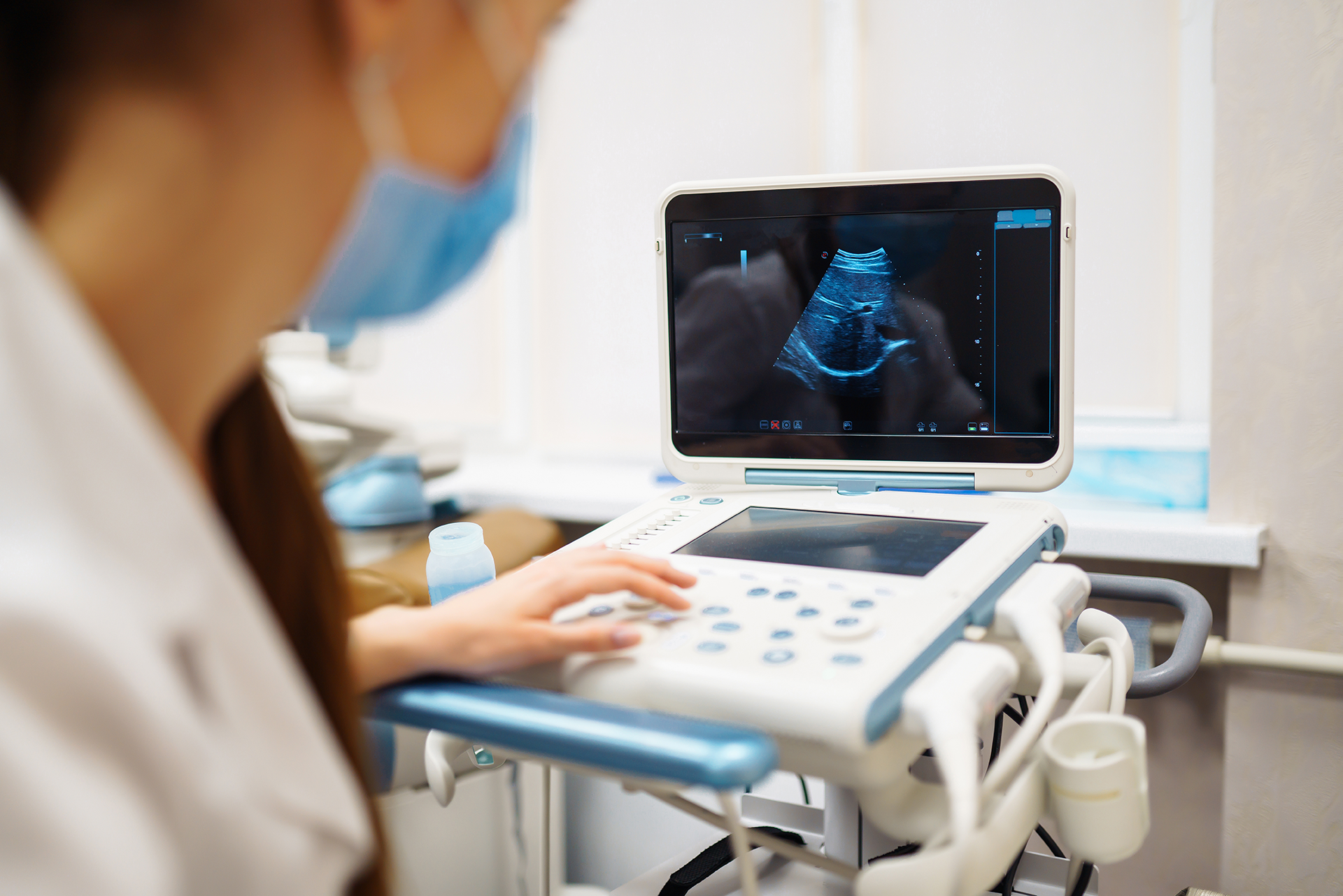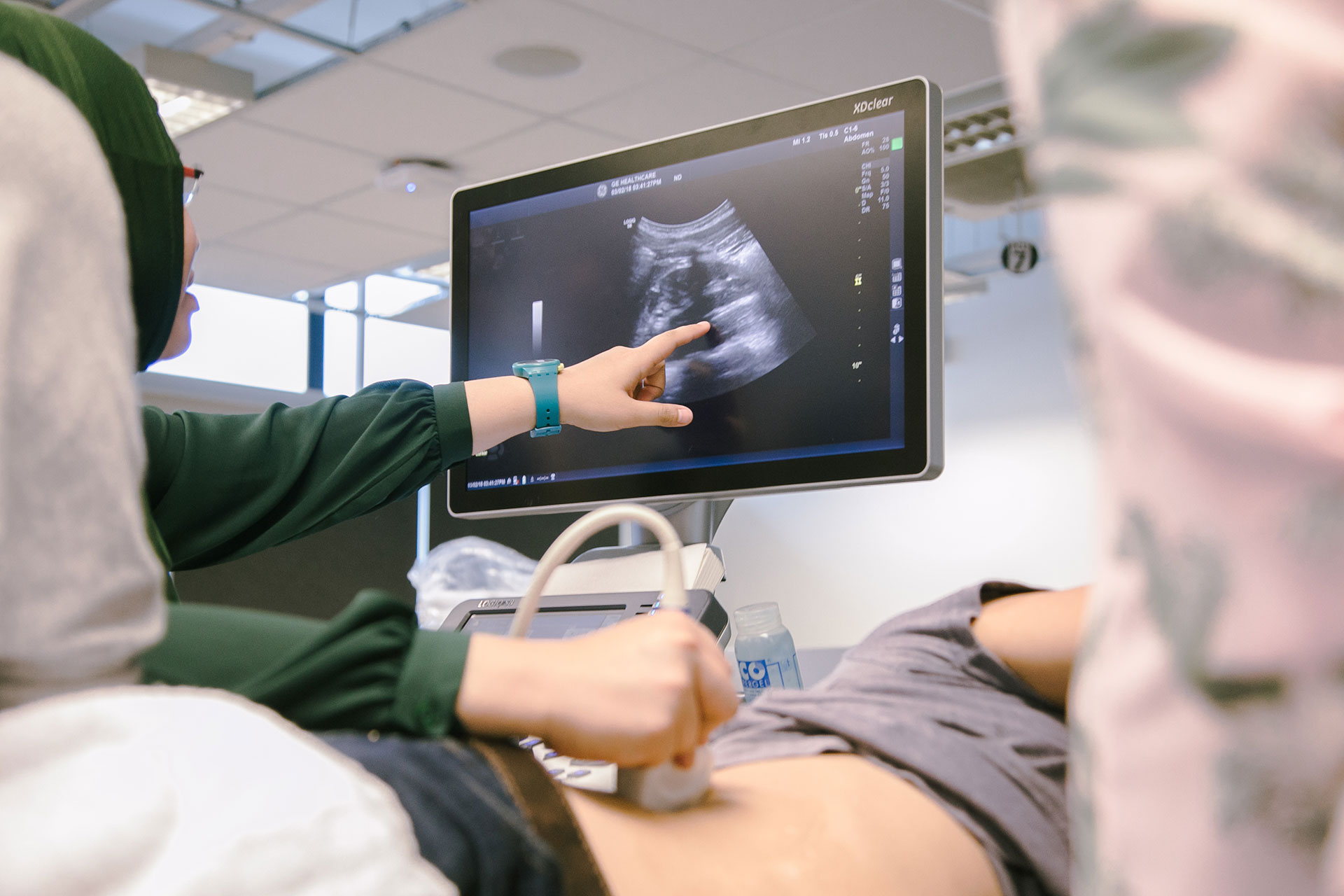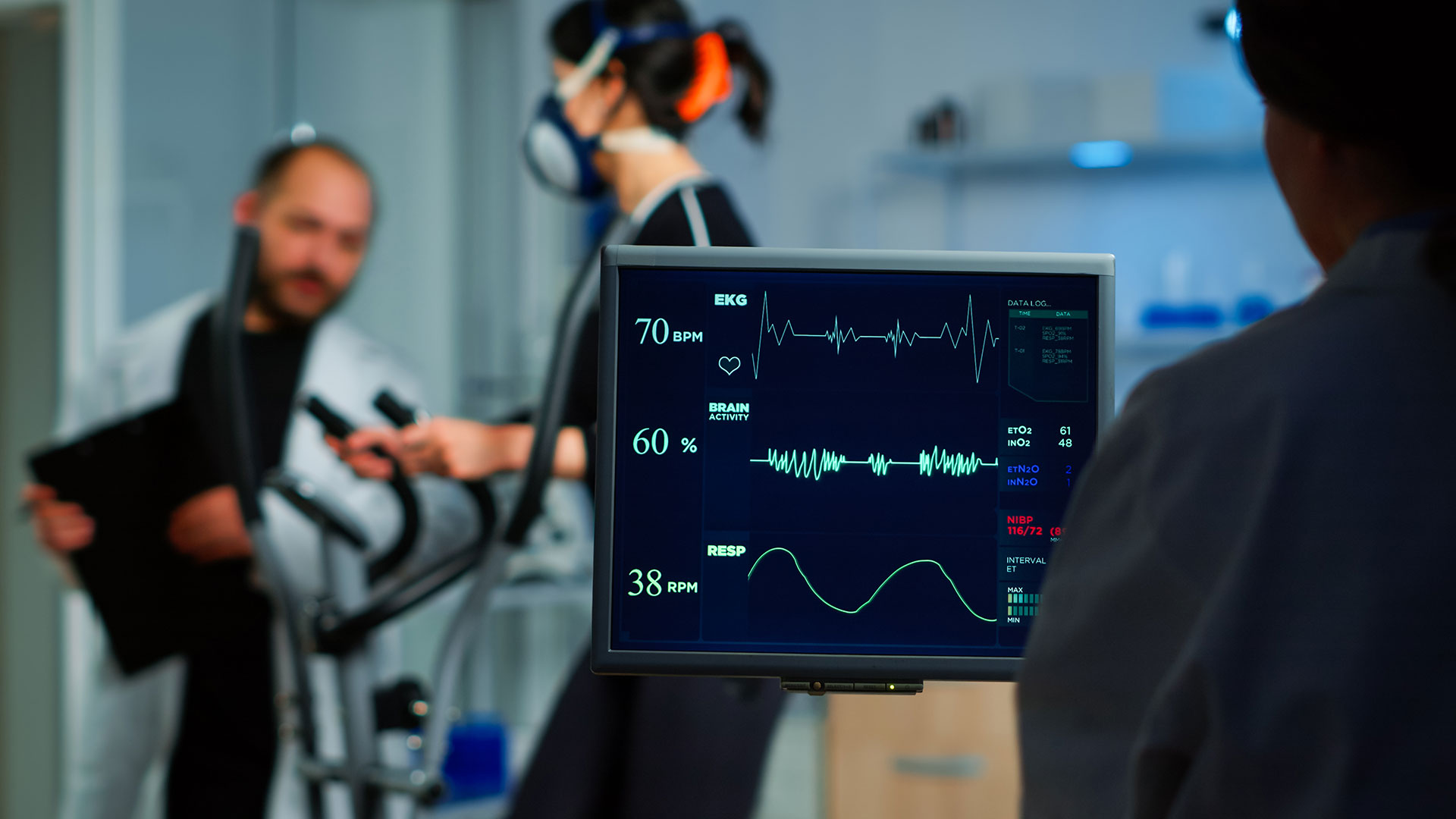
Course Overview
Health professionals are likely to work with patients who experience pain. A simplistic tissue-based view of pain is not adequate for the best patient care especially when the pain is persistent.
This 2-day workshop will allow participants to explore the role and interaction of neural, immune and endocrine systems on pain and recovery.
Who Should Attend
- All health and medical professionals working with people who have pain
- Health and medical professional educators
- Other practitioners working with people with pain
What You Will Learn
- Topic 1 - Body’s Protection System
The Body’s Protection System is complex and integrated, comprising of neuro-immune-endocrine interactions. Key elements of this system including important cells and mediators of the stress response will be presented.
- Topic 2 – Neuro-immune-endocrine Plasticity
Plasticity and learning are key features of survival. Our life experiences, particularly early adverse events, can have a lasting impact on health and well-being. This is not only due to plasticity of neural structure and function, but also due to the plasticity in immune and endocrine function. Allostasis and allostatic loads are useful terms to describe how our physiology and behaviour react to stress. Examples will be used to illustrate this.
- Topic 3 – Stress, Pain and Recovery
The impact of stress during pain and recovery has been apparent for a long time. The role of stressors including social stress on pain and tissue healing will be discussed.
- Topic 4 – Application in Clinical Practice
Applying the psychoneuroimmunology to clinical practice may be a new concept. The Pain and Movement Reasoning Model will be briefly introduced as a tool to assist clinical reasoning. Simple and novel strategies for identifying physiological signs of stress and innovative interventions that have been shown to assist pain and recovery will be presented. This practical session will require some disrobing and some discomfort (i.e. sensory threshold or tolerance testing). While all participants are encouraged to participate, personal choices will be respected without prejudice.
Upon completion of the course, the participant should be able to:
- Describe key elements and functions of the neuro-immune-endocrine interactions that preserve the body’s homeostasis
- Explain using a psycho-neuro-immunological approach, how early life events might make someone more pain vulnerable
- Appropriately apply the concepts of stress biology to clinical examples
- Identify equipment that can be used to assess for pain sensitivity
- Describe the process for testing centrally modulated responses to discomfort
Advanced Preparation
Teaching Team

Lester Jones
Senior Lecturer, Health and Social Sciences, Singapore Institute of Technology
Schedule
Day 1
| TIME | Topic |
|---|---|
| 9:00 am - 6:00 pm | Registration |
| Topic 1: Body's Protection System | |
| Break | |
| Topic 2: Neuro-immune-endocrine Plasticity | |
| Lunch | |
| Topic 3: Stress, Pain and Recovery | |
| Break | |
| Topic 3: Stress, Pain and Recovery | |
| Small group – reflect on application to current practice | |
| End of Day |
Day 2
| TIME | Topic |
|---|---|
| 9:00 am - 6:00 pm | Review key points from Day 1 |
| Topic 4: Application in Clinical Practice - Translating research into practice |
|
| Break | |
| Topic 4: Apply Pain Assessment Strategies | |
| Lunch | |
| Topic 4: Apply Pain Assessment Strategies | |
| Break | |
| Assessment – small group discussion then presentation | |
| Summing up | |
| End of Day |
Certificate and Assessment
A Certificate of Participation will be issued to participants who:
- Attend 75% of the course
- Undertake and pass non-credit bearing assessment (during course)
Fee Structure
The full fee for this course is S$2,398.00.
| Category | After SF Funding |
|---|---|
| Singapore Citizen (Below 40) | S$719.40 |
| Singapore Citizen (40 & Above) | S$279.40 |
| Singapore PR / LTVP+ Holder | S$719.40 |
| Non-Singapore Citizen | S$2,398.00 (No Funding) |
Note: All fees above include GST. GST applies to individuals and Singapore-registered companies.
Course Runs
New Engineering Micro-credentials Launching Soon!
Exciting news! We are introducing new micro-credentials in Electrical and Electronic Engineering & Infrastructure and Systems Engineering. Be among the first to know by registering your interest today! Register now →
